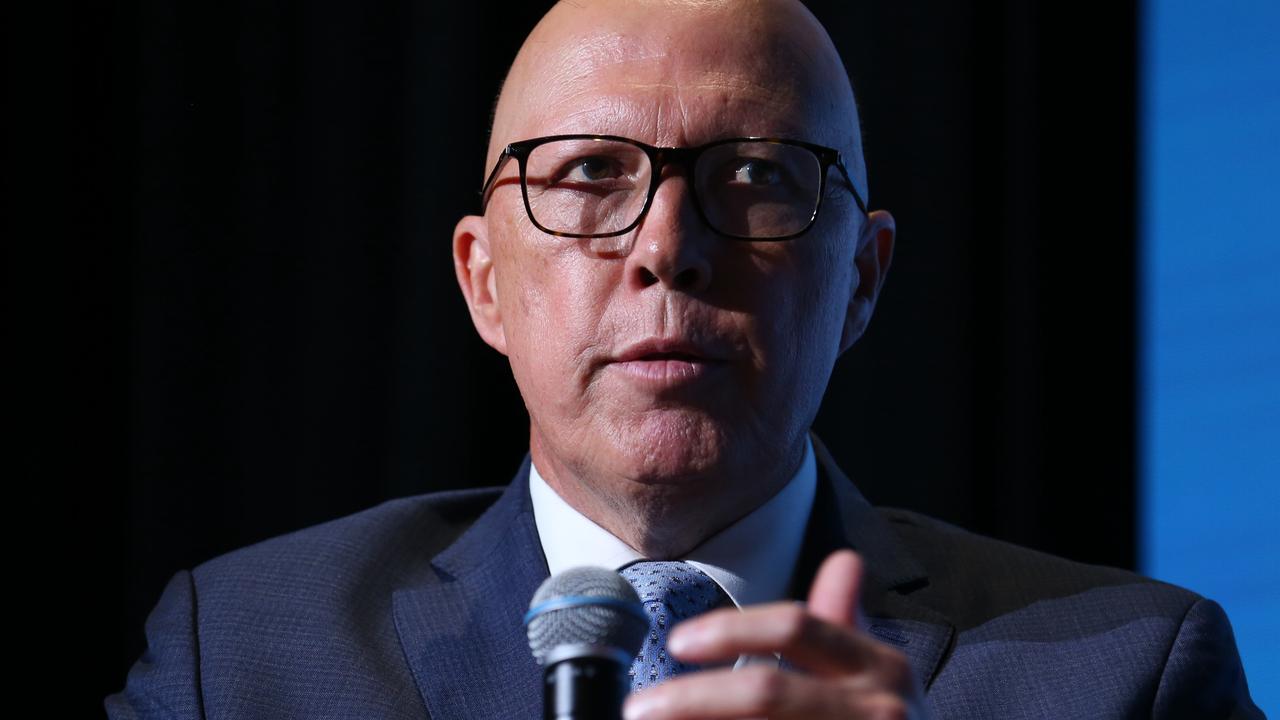NSW adopts affirmative consent in sweeping rape law reform
NSW will adopt an affirmative consent model following fierce public debate over existing laws surrounding sexual assault.
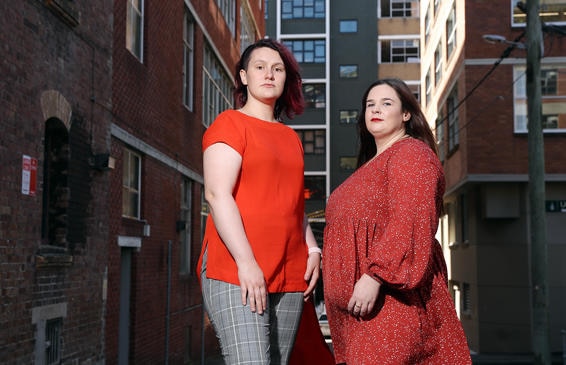
NSW
Don't miss out on the headlines from NSW. Followed categories will be added to My News.
Judges in courts across the state will be able to direct juries not to fall for dangerous “rape myths” when looking at sexual assault cases, the NSW Attorney-General Mark Speakman has announced as part of a major overhaul of consent laws.
Mr Speakman announced that the government will “in principle” adopt all 44 recommendations of the Law Reform Commission.
Mr Speakman said judges will now have the discretion to give their juries five directives that dispel stereotypes around how victims should behave.
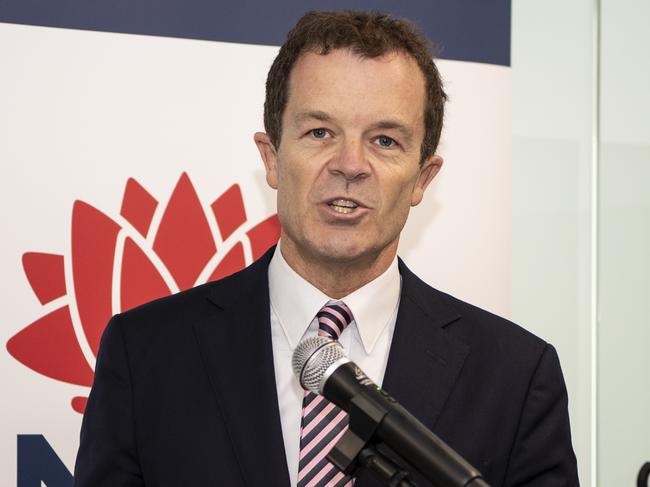
“They can’t assume from a lack of emotion that they are or they aren’t telling the truth,” he said.
“You can’t assume from a lack of injury or violence that there has been consent.”
Other directives include alerting the jury that a victim’s clothing at the time of the offence does not determine consent.
The measures add to major reform announced earlier on Tuesday that NSW will now adopt an affirmative consent model.
“There cannot be consent unless the party has said something or done something to give consent,” Mr Speakman said.
“Consent has to be communicated by the other party saying something or doing something.”
Mr Speakman said one example where these changes will help is when the victim freezes due to fear and cannot verbalise a lack of consent.
He added that one example of attaining consent could include one party asking the other “Would you like to make love?”.
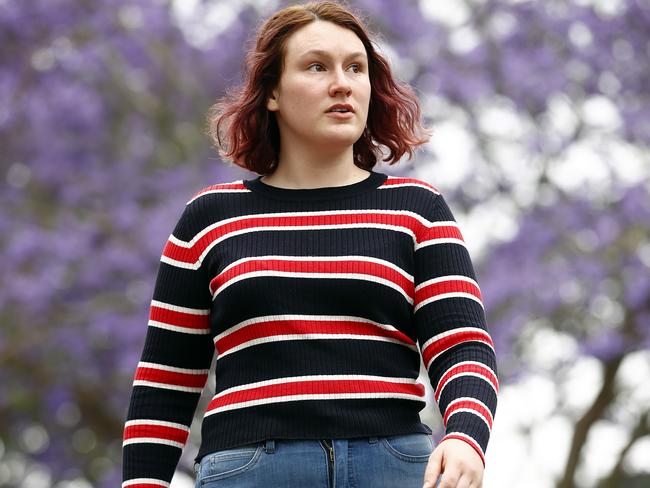
The major law reform is aimed at giving victims a greater chance at justice and addressing the significant under reporting of sexual assault.
It is estimated about three per cent of sexual assault cases reported to police result in a conviction in NSW.
Survivor advocate Saxon Mullins, who has been a tireless advocate for affirmative consent since her own sexual assault case sparked the review in 2018, welcomed the new changes.
“Not only is law reform a significant step, we also must take steps to ensure all survivor voices are heard,” she said through tears.
“I’m really proud of the work we did to get here.”
Police Commissioner Mick Fuller said: “I spoke out in March this year about consent … since then we’ve had 898 adults come forward reporting sexual violence. We’ve been able to prosecute less than 10 per cent of those,” he said.
“(These changes) provide an immense amount of clarity … I really believe in the area of sexual violence and this issue of consent we need to do so much more work and the accepting of the 44 outcomes is a great outcome.”
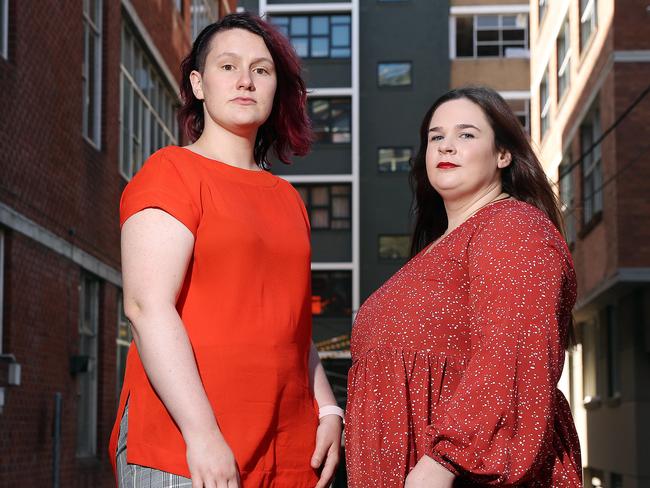
Dr Rachael Burgin, director at Rape and Sexual Assault Research and Advocacy (RASARA), said the reform was an enormous win.
“It will go a significant way to curbing victim blaming and the reliance on rape myths in trials,” she said.
“NSW is now leading the country on consent law.”
The reform also includes research analysing the system of accessing help and justice for victims.
Education Minister Sarah Mitchell said the consent education curriculum will be updated to reflect the changes.
“We will update the detail of that to reflect the legislative change that we will hopefully see later this year,” he said.
The move comes after a Telegraph campaign — in partnership with RASARA, A Matter of Respect, pushed the state to adopt an affirmative consent model.
The LRC handed its report to the Berejiklian government late last year but stopped short of recommending an affirmative consent model.
It recommended the law define that a person does not consent if she or he does not say or do anything to communicate consent.
Some advocacy groups and survivors claimed that did not go far enough and senior police also expressed a similar argument to the government.
Read related topics:NSW consent laws

